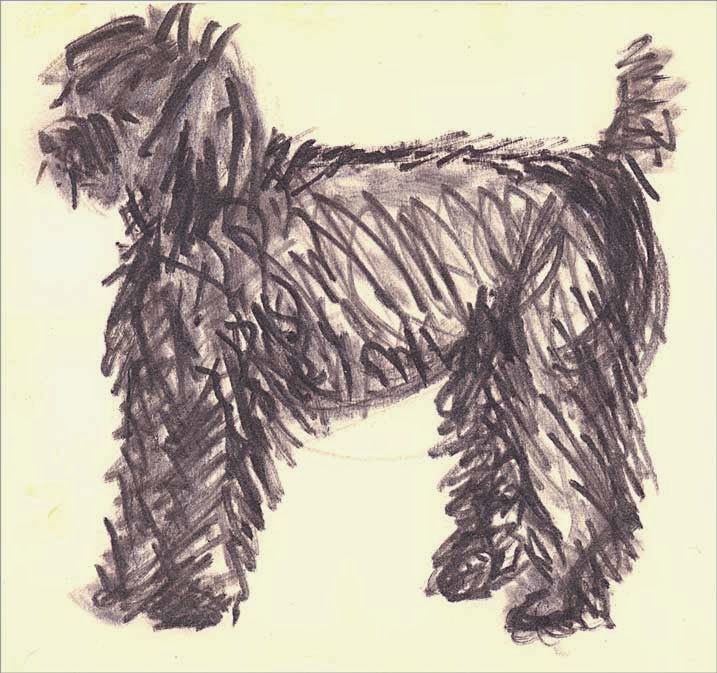This postcard advertises Cacao Suchard Soluble. It was sent from brother Adolf in Spiez, Switzerland to Eduard at St. Croix in 1903.
Philippe Suchard (9 October 1797 – 14 January 1884) was a Swiss chocolatier and industrialist. By the end of the 19th century, Suchard had become the largest chocolate producer (source: Wikipedia). According to a website on Swiss Chocolate History:
The years between 1890 and 1920 saw a real blossoming of the Swiss chocolate industry, coinciding with the golden age of Swiss tourism. Members of the top echelons of society throughout the world who spent their holidays in Switzerland came to know and appreciate Swiss chocolate, and took its reputation home with them. The initiative of Swiss chocolate producers conquered the world chocolate market between 1900 and 1918. Up to three quarters of Swiss chocolate was exported. Thus "little Switzerland" became a world power in chocolate. Of course, "Swiss chocolate" owed its global reputation not just to the quantities exported, but above all to its quality, which made it stand out above the great amount of chocolate produced in other countries.
The postcard has the words and music for Dem Vaterland. This was the former national anthem of Switzerland. It had semi-official status as the national anthem from the 1850s to 1961, when it was replaced by the Swiss Psalm. Its text was written in 1811 by Bernese philosophy professor Johann Rudolf Wyss. The tune of the anthem was the same as in God Save the King (1745), a tune which became widely adopted in Europe, first as the hymn of Denmark (1790), later also as that of Switzerland, and as that of the United States as My Country, 'Tis of Thee (1831) (source: Wikipedia).
These are the words in German and English:
Rufst du, mein Vaterland
Sieh uns mit Herz und Hand,
All dir geweiht
Heil dir, Helvetia!
Hast noch der Söhne ja,
Wie sie Sankt Jakob sah,
Freudvoll zum Streit!
When you call, my Fatherland,
see us, with hand and heart
all dedicated to you.
Hail unto you, Helvetia!
Who still hast such sons
as Saint Jacob saw them,
going to battle joyously!































